
China
15:31, 25-Sep-2017
Ask China: A day with China standby peacekeeping police force
CGTN
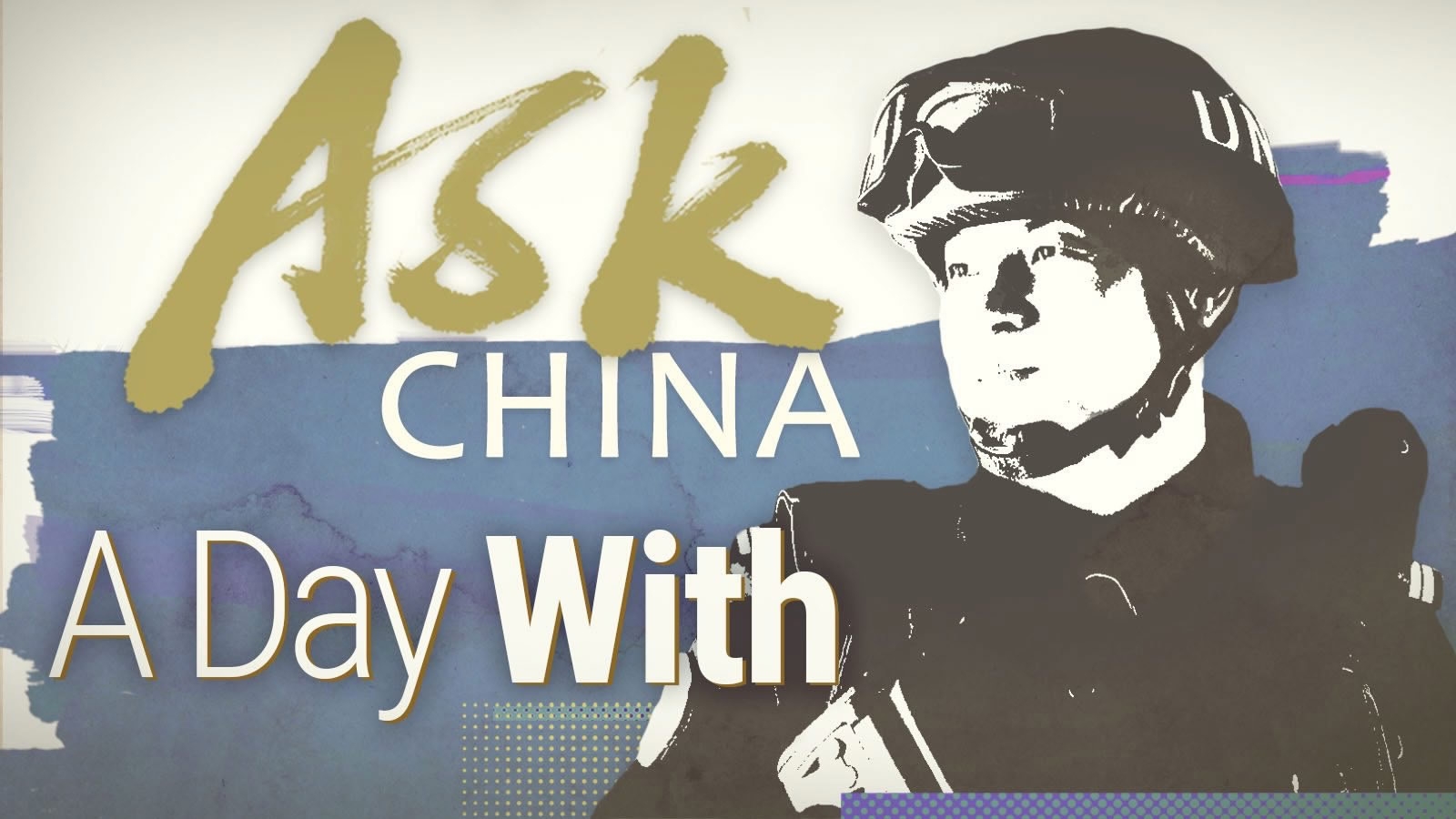
Dongying city in eastern China’s Shandong Province is where the Yellow River, hailed as the country’s “mother river”, charges into the depths of the sea.
The city is home to China’s first official standby peacekeeping police force, since December 2016 as part of the United Nations Police (UNPOL). It was established following President Xi Jinping’s pledge in 2015 to reinforce the country’s contribution to the UN.
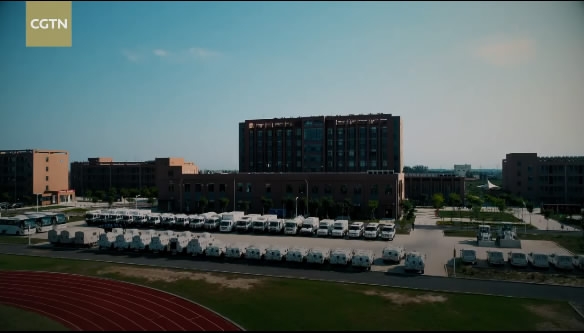
CGTN Photo
CGTN Photo
More than 300 Chinese police officers certified by the UNPOL are based there, training and standing ready to move out to the world’s least stable regions. Once deployed, they will be tasked with safeguarding UN staff and facilities, and maintaining local security.
Three things make 36-year-old Chang Lin stand out from his fellow officers in the Dongying base.
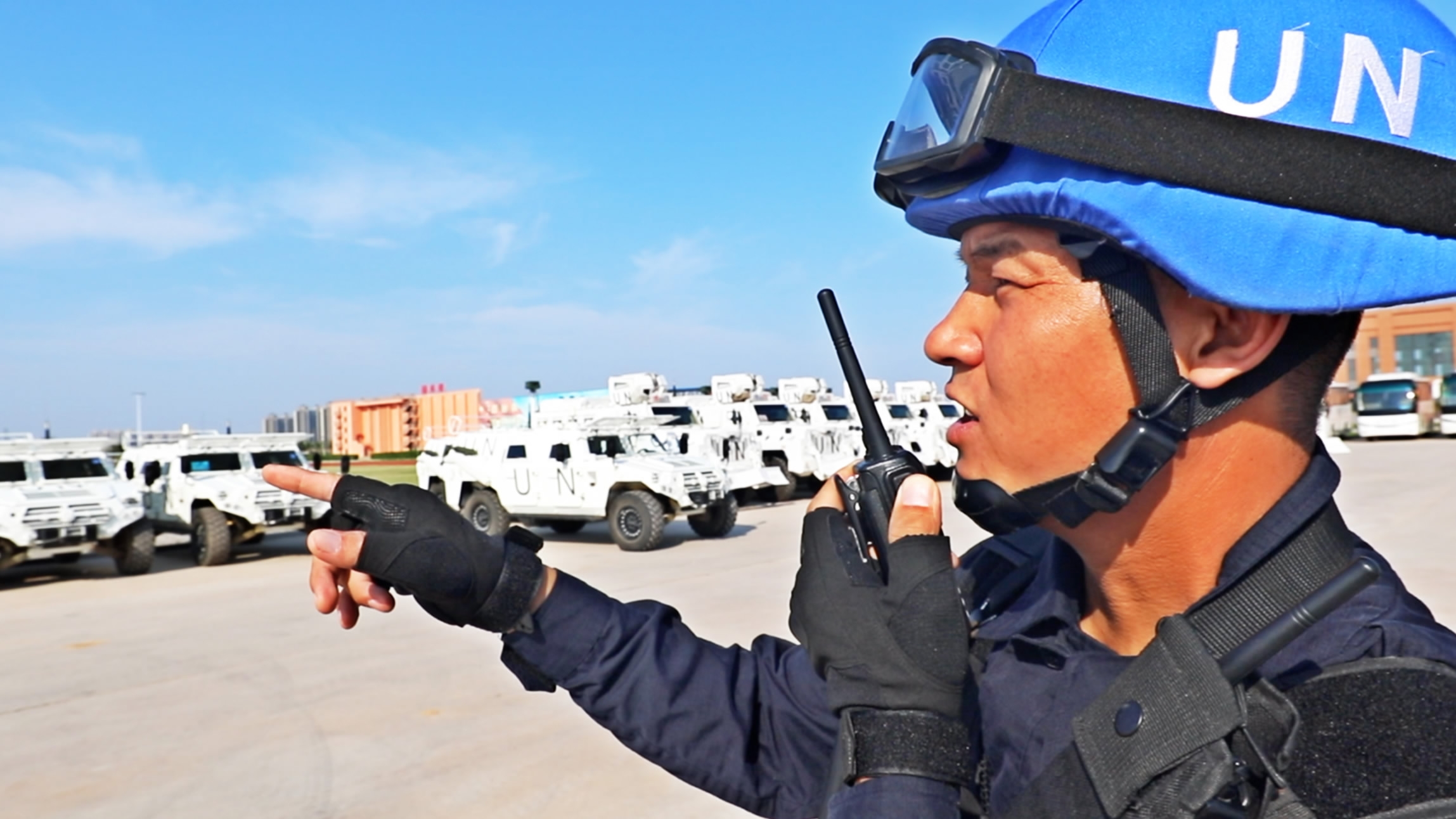
CGTN Photo
CGTN Photo
First, he’s a veteran, having served in China’s Armed Police Force for almost two decades. Second, he’s noticeably better built than most of his fellow officers. Third is his peacekeeping experience at Greenville, Liberia in 2014, when an Ebola outbreak resulted in the deaths of thousands.
Talking to CGTN about the life of a Chinese UN peacekeeping police officer, Chang described what he lived through in the African country as “shocking to the core.”
But it was also during this period of time that the Chinese peacekeeper began to understand what he needed to do to “fulfil his country’s duty to the rest of the world.”
OUT THERE, YOU REALIZE HOW WONDERFUL LIFE IS AT HOME
Discipline makes life inside the walls of the standby police force’s base very different from the outside world.
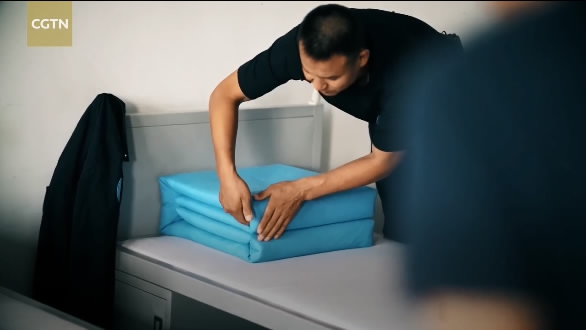
CGTN Photo
CGTN Photo
Every day starts at 6 a.m. with a recorded trumpet horning. From then until lights out, all activities run like clockwork. Simple meals are served in the canteen for everyone, regardless of rank. The base’s layout is sparse. Trace of civilian life is cut to the bone; there is no sign of a single shop.
Chang, a burly man from China’s Inner Mongolia Autonomous Region training every day to be ready for his next assignment, finds the life here fairly abundant compared to that in Liberia.
“What our country has given us is far richer than what we experienced in Liberia,” Chang told CGTN, during a break from his training.
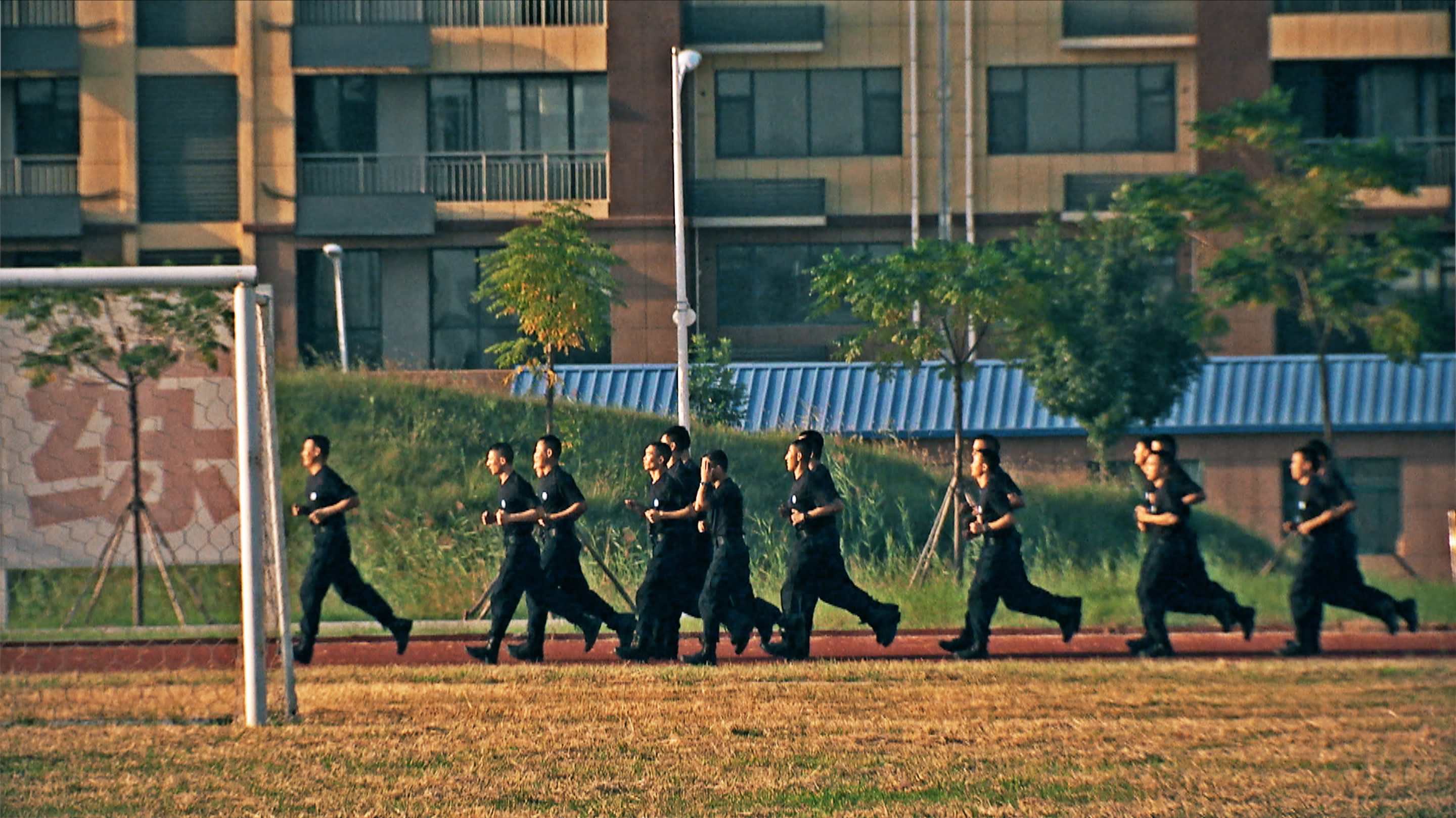
CGTN Photo
CGTN Photo
Every mission for Chinese peacekeeping policemen lasts for about one year. Shocking scenes are never in short supply for the officers, the youngest of whom is only 21.
“As soon as we disposed of the waste from our camp, local people driven by hunger would immediately gather around to scavenge for anything they thought edible,” Chang recalled.
“We are not allowed to give out our rations because we need to stay functional for the mission, but sometimes you just couldn't help sparing some food for them when seeing what we saw.”
SETTING ASIDE FEAR WHEN DUTY CALLS
China has resolved to further upgrade the equipment for peacekeepers since turmoil in the mission regions began to claim the lives of its soldiers. Bulletproof vests and armoured vehicles are standard equipment now for China’s standby units. In Chang’s words, the country spares no effort to ensure the safety of the peacekeepers.
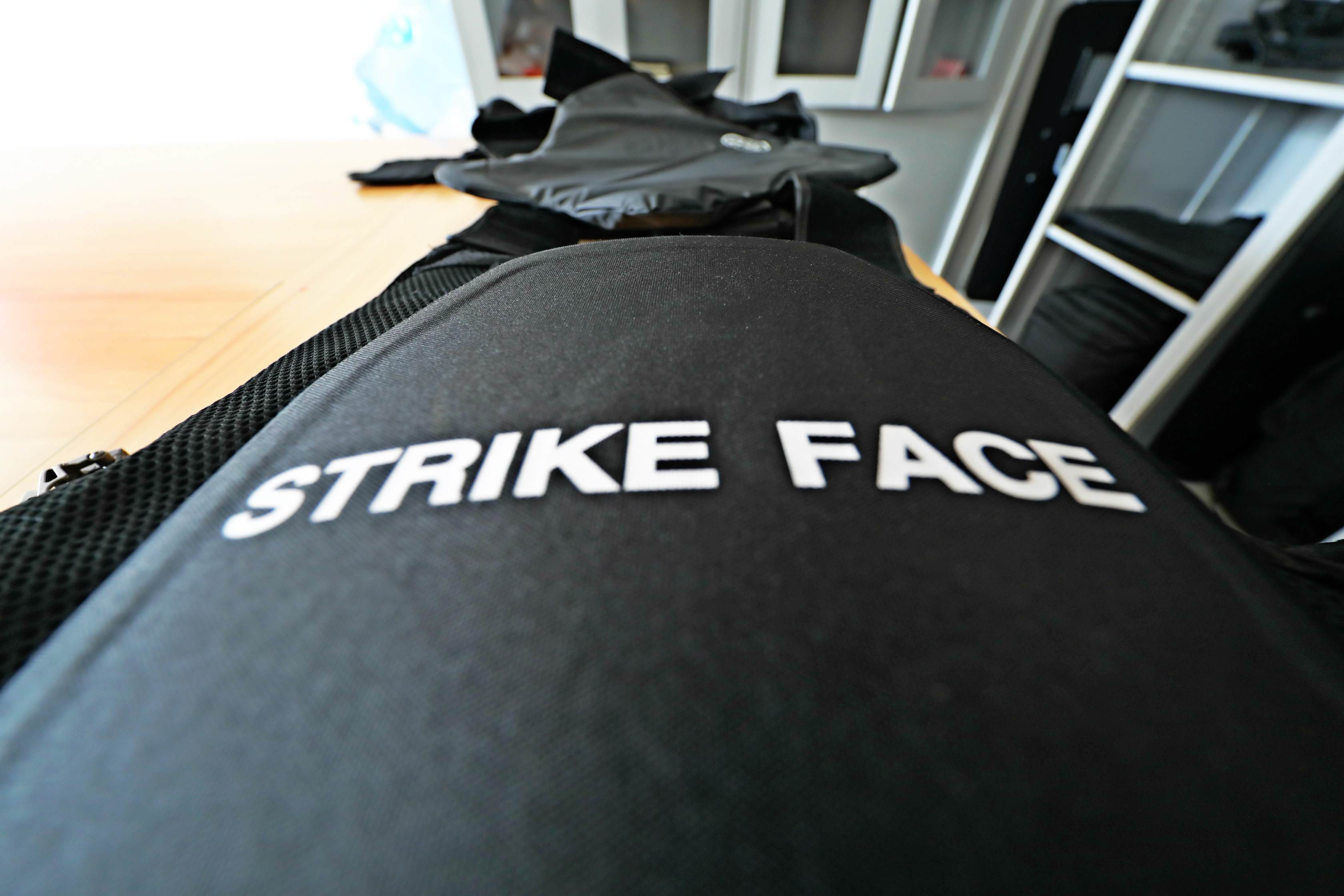
CGTN Photo
CGTN Photo
However, fear still strikes when the threat surpasses the armor’s capacity to protect. Ebola raged across West Africa in 2014 when Chang, together with 150 Chinese peacekeeping police officers, was deployed to Liberia, one of the worst-hit countries.
Chang and his colleagues started to talk about death; it was impossible to escape the subject, as bodies were piled up and buried within sight of their camp.
The strong police officer revealed that his mind would jump to thoughts of his wife, and who she might remarry if the worst happened to him.
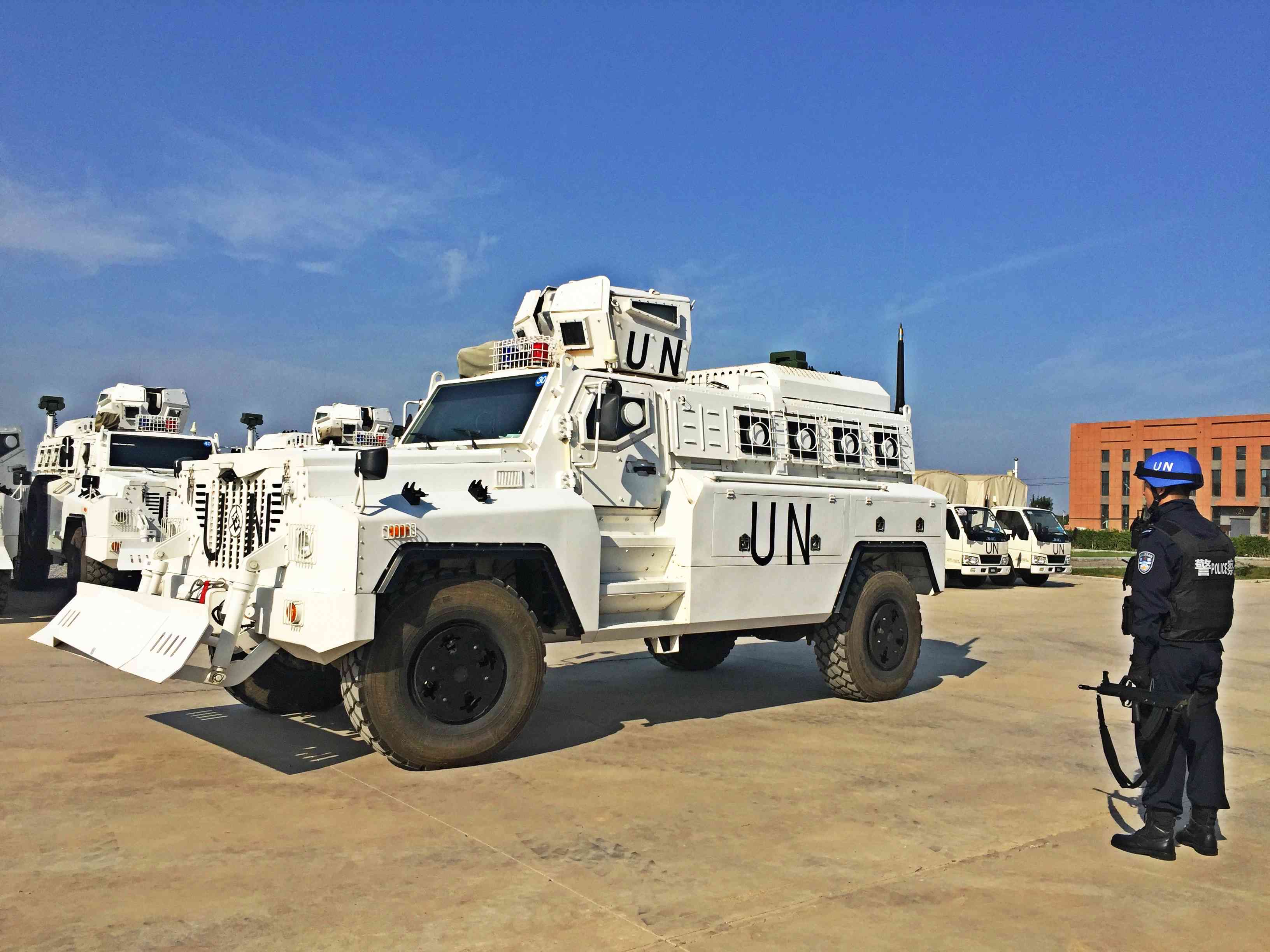
CGTN Photo
CGTN Photo
As the epidemic soared and the peacekeepers’ morale plunged, Chang was cheered by China’s announcement of a plan to help the disease-affected countries. It was also the moment Chang most strongly connected his role as a peacekeeper with China’s as a responsible great power in the world.
“I felt that we must stay to fulfil our duty, when our country had already stood up to help others at their moment of crisis.”
Chang’s unit faced down the challenge, returning to China in 2015 honored with the UN Peace Medal. For the officers, the imminent life threat had gone but their memories will never fade. The days in Greenville remain a recurring topic for Chang and his old colleagues, though with a far lighter tone today.
“A teammate of mine, one of the toughest, cried his eyes out when talking to his mom for the first time after our plane touched down on Chinese soil,” Chang said, smiling softly.
A MEANINGFUL LIFE
All of the recruits at the Dongying base have passed a UN assessment; they are only an order away from their next mission overseas. All sorts of potential challenges come with peacekeeping missions, so regular and intense training never ceases.
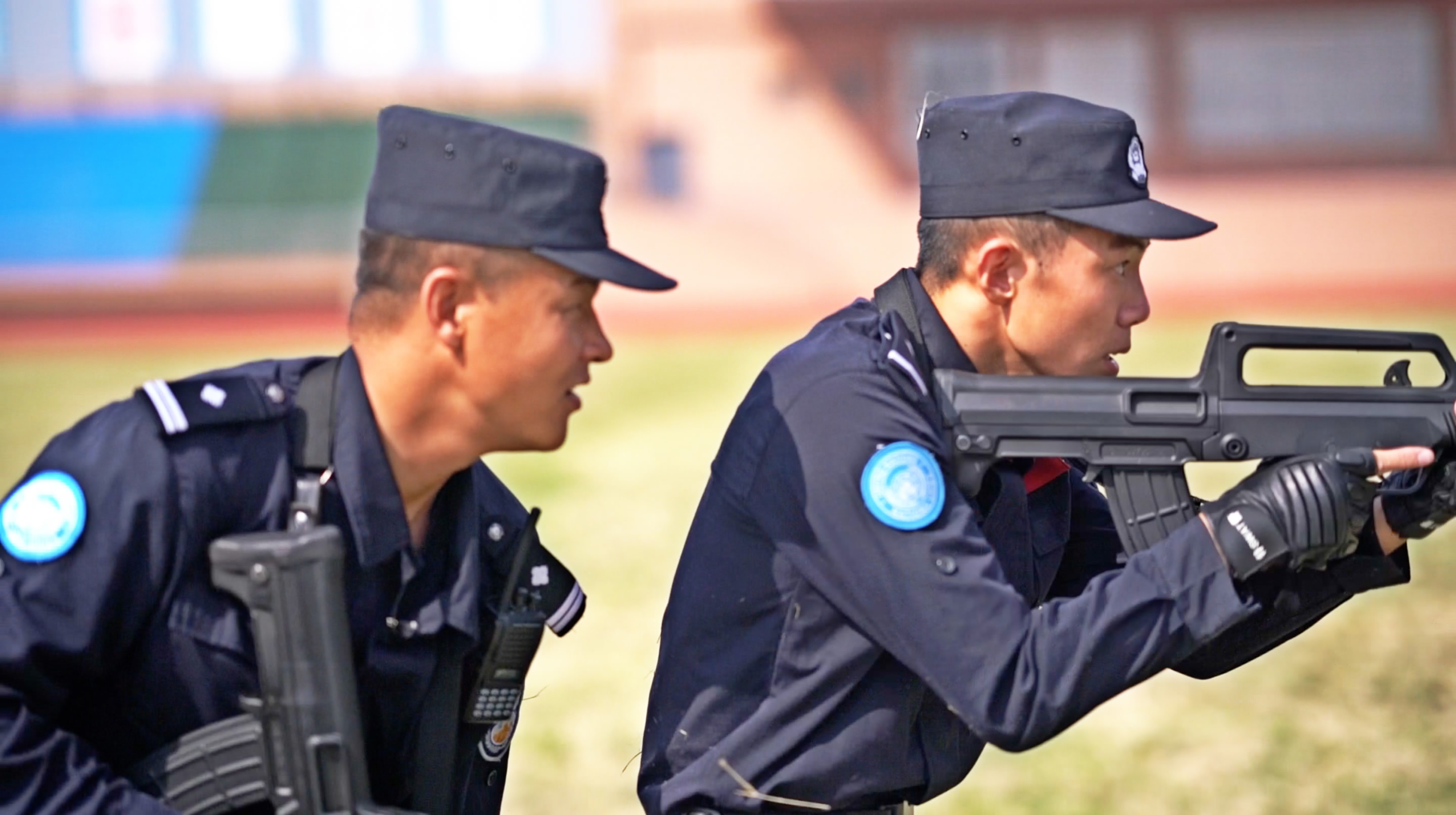
CGTN Photo
CGTN Photo
For Chang, life at the base is peaceful but hardly trouble-free. As the most seasoned officer in his squad and a member of the Communist Party of China for 14 years, he has to take care of nearly all aspects of his troops’ life -- from daily training to love affairs.
Standing by to be shipped overseas, the officers often find maintaining a long term romantic relationship tough. Chang used to take some of the single members of his team to organized blind dates, only to return disappointed.
“Few take interest in a group of officers who are only permitted to go home every four months,” Chang said. The wait can be longer once the officers are shipped out.
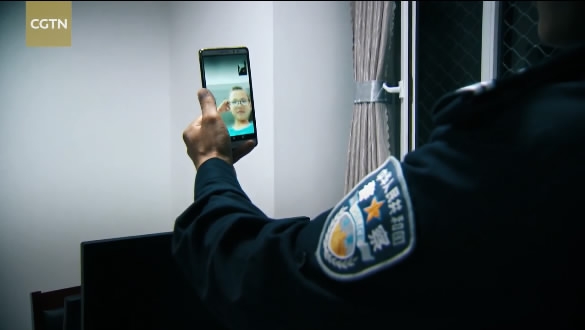
CGTN Photo
CGTN Photo
Balancing his role as a peacekeeper with those of a husband and father is not easy. Chang’s son has started primary school and become a little defiant, irritating his mother. Based far away from his son, Chang can do very little but listen to his wife’s complaints on the phone, mediating as much as a phone call allows.
Midway through his fourth decade, Chang said he would take some time to think about his future and the answers to some “basic questions about life” such as “who am I and where am I going.” But none of his contemplation has yet yielded fully satisfactory conclusions.
He admitted that the difficulties awaiting him on the next mission may not be any easier than the previous one. But he has chosen to keep his blue helmet, a symbol of UN peacekeepers.
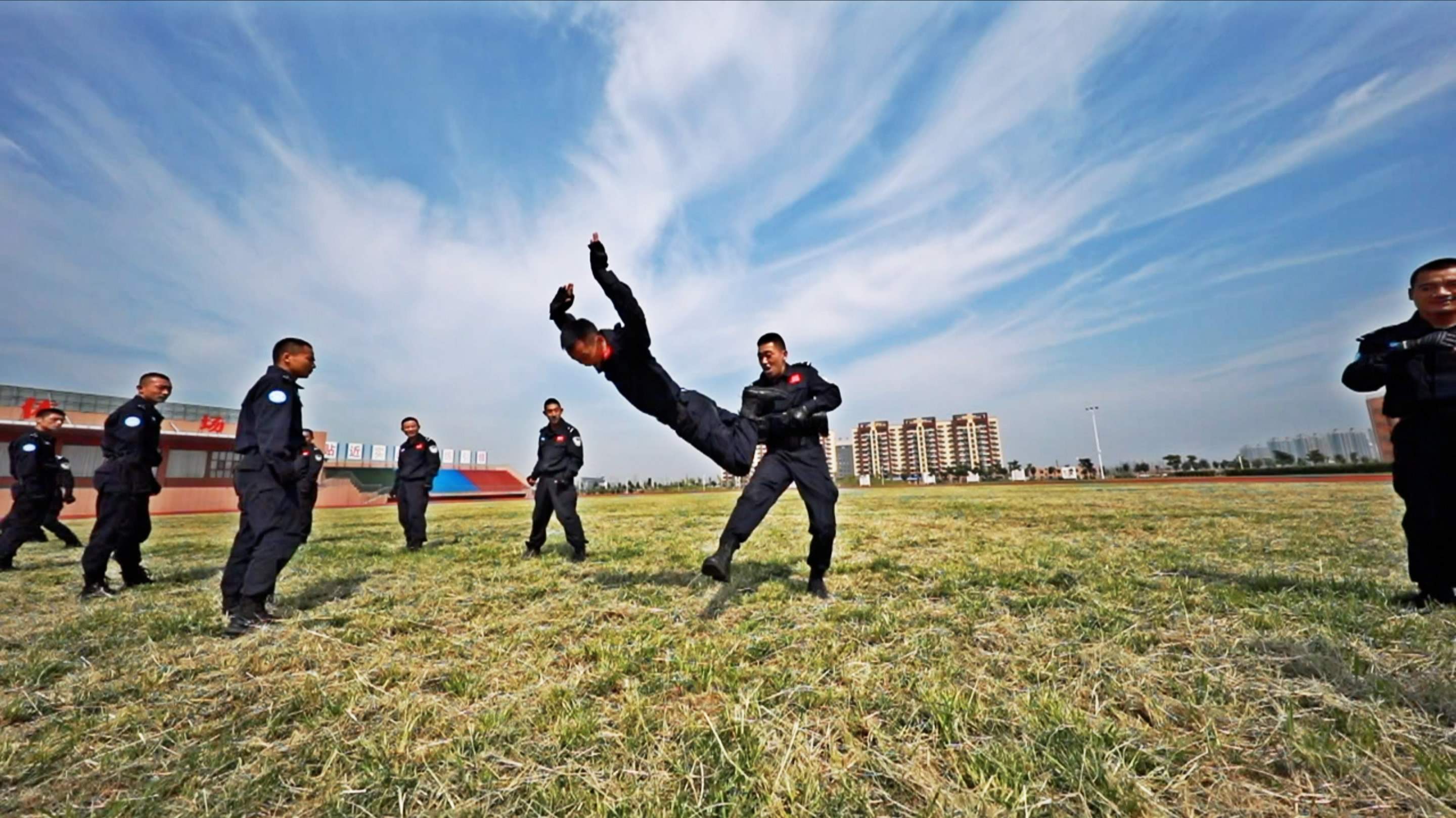
CGTN Photo
CGTN Photo
As a father, a husband, and a leader of 36 police officers, he has gradually come to terms with daily chores similar to those any ordinary man would encounter. As a UN peacekeeping policeman, however, Chang believes that he bears something exceptional that not many ordinary men can touch.
“The honor of wearing that blue helmet,” the police officer explained to CGTN.

SITEMAP
Copyright © 2018 CGTN. Beijing ICP prepared NO.16065310-3
Copyright © 2018 CGTN. Beijing ICP prepared NO.16065310-3